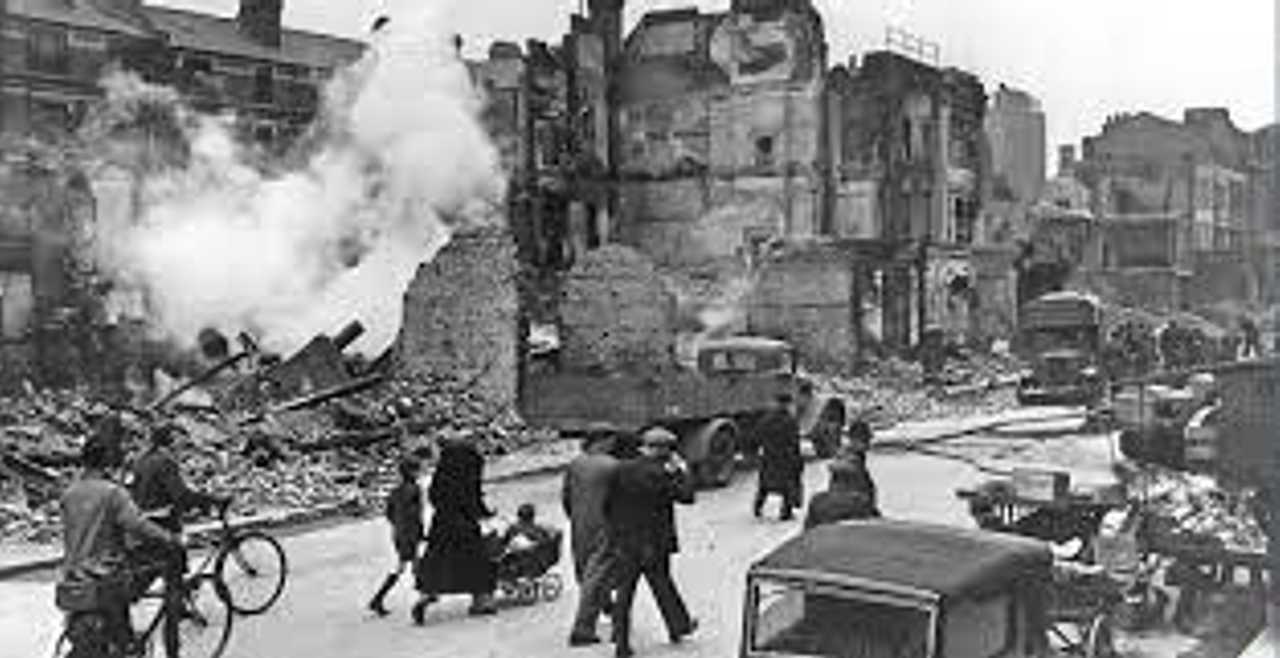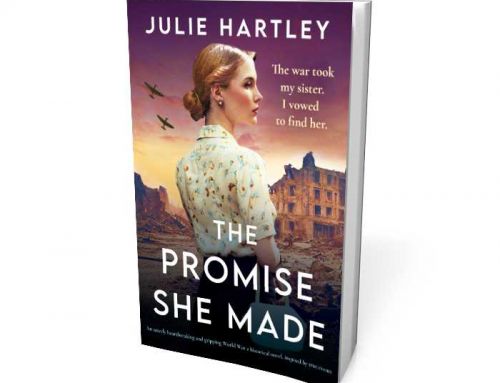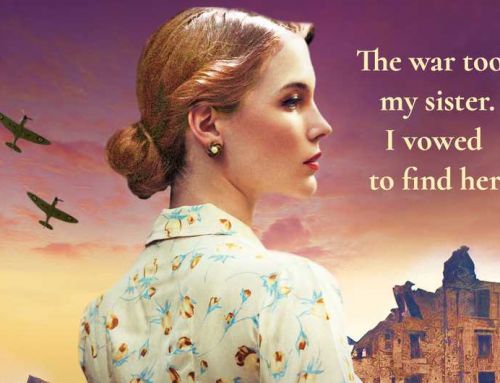If you had asked me back in 2020 which genres I preferred as a writer, I would have said fantasy, science fiction, young adult, middle grade… anything but historical fiction. But then I discovered writers like Kristin Hannah and Kate Quinn, and I became hooked on the genre.
Historical Fiction plunges the writer into an alternative world – not a fully imagined one, as fantasy does, but an alternative world that actually existed, and yet on some level must still be invented, since we can never know what it was like to be there. Historical Fiction is a great way to step inside the shoes of people whose lives were so different from our own, but whose dreams and hopes were just the same. Reading Historical Fiction is a great way to appreciate history – where we came from and what our predecessors lived through.
In 2021 I read a newspaper article about Jews who leapt from cattle wagons on their way to the death camps:
https://www.huffpost.com/entry/holocaust-train-escape-764-jews_n_5120992
To survive, these escapees had to melt into the forest and disappear from history. My love of historical fiction was began the moment I realised that the genre can tell stories that history can’t. There’s no way to find out what happened to these hundreds of escapees, the ones who evaded recapture. But we can imagine.
That’s how my first historical novel, The Two Lives of Marie-Claude Payet – came to be.
At first, the idea of writing historical fiction daunted me. Didn’t you need to be an expert, for that?
The answer is no. But you do need to be intrigued enough to research whatever is required.
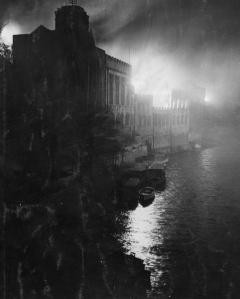
York Blitz
This means that a historical fiction writer must begin by finding a period in time, and a set of historical circumstances, they find utterly fascinating. But we’re novelists, not historians. Telling a good story is the most important thing of all.
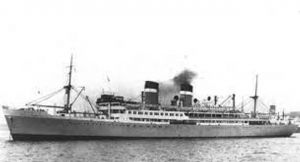
SS Benares
The histories that fascinate me are the human ones; stories of people caught in events beyond their control, discovering more about themselves and others as they struggle to overcome. When I read about how London Underground stations were used as public shelters during the Blitz, this led to the idea for my second novel, Her Secret Soldier, and my third novel combines several fascinating historical events: the sinking of the SS City of Benares in 1940, as it transported a cargo of children from British cities to safety in Canada, the terrible night of the York Blitz, and the training process undertaken by secret agents – women as well as men – before they set out for their deadly assignments on the continent.
So far, my interests have been confined to World War Two, but the best thing about writing historical fiction is that there is no shortage of material to draw from. And I have no idea where the genre will take me next.
